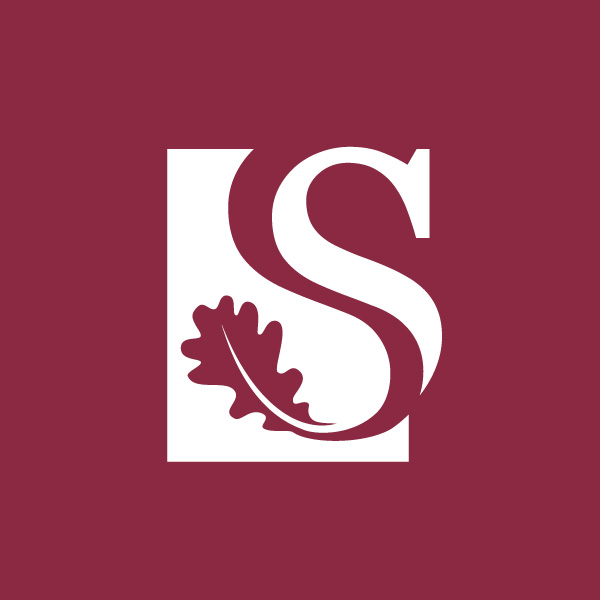On 30 July, 2015, Stellenbosch University Language Centre hosted the first South African national writing consultants’ day. Writing consultants from 11 South African universities participated (Stellenbosch, University of Cape Town, University of the Witwatersrand, University of the Western Cape, Cape Peninsula University of Technology, University of Johannesburg, University of Pretoria, Walter Sisulu University, Durban University of Technology, University of South Africa and Nelson Mandela Metropolitan University) and an observer from the National University of Lesotho. We had a full schedule of presentations in which consultants shared their work experience and practise.
Participants described Consultants Day as “a superb and very worthwhile event” (Brenda Vivian, University of Pretoria), “informative” (Taahira Goolam Hoosen, UCT), “a turning point for consultants/ peer tutors nationally as it recognized and validated their experiences” (Laura Dison, Wits), “a delightful treat as well as an educational and interesting journey” (Zandile Xesha, Wits), “eye-opening” (Lisa Weideman, NMMU) and “warm and collaborative” (Ben Saxby, Stellenbosch).
We started the day by equipping each table of consultants with large sheets of paper and felt-tipped pens to create graffiti walls as the day progressed. This was the idea of Stellenbosch consultant, Neeske Alexander. We have collected and photographed the posters, with the intention that participants can return to them for research purposes. Some interesting themes have emerged around how we position ourselves as consultants and how we are positioned in the university, writing centres as social hubs, using social media to network professionally and empowerment, transformation and liberation.
Thereafter followed 13 presentations of 20 minutes, three dashes of 10 minutes and a hilarious role-play exercise (by the Unisa group).
Of particular interest to the consultants was the realization that writing centres at universities across the country are dealing with the same types of issues: “all of us seem to encounter the same dilemmas, and face the same obstacles” (Lisa Weideman, NMMU). For some consultants it was a novelty realizing that their type of work was practiced across the country. Laura Dison goes on to explain: “Some of the issues that emerged resonated with some of the issues and challenges at the Wits School of education, particularly the tensions between ‘structure’/ directive approaches and ‘minimalism’ (I don’t think this was dichotomized); generic vs discipline based support and the role of the peer tutor in facilitating language and learning development”. Zandile Xesha (Wits) lifted out “the lack of lecturer involvement in the writing centre experienced by majority of the Writing Centres” as a theme that needs addressing. Strategies to overcome challenges featured in several of the presentations and consultants found this type of swapping of ideas productive.
Certain themes are concerns shared by writing centres internationally. However, in the South African context these have particular interest. Consultants commented on the importance of the theme of “space, place, location and status” (Laura Dison, Wits), “the talk around language barriers and issues that students face in the light of academic reading and writing” (Zandile Xesha, Wits), and “the experiences of other Writing Centres in setting up and marketing themselves” (Anshree Naiker, Wits).
In South African higher education the first two themes are closely linked with each other. Many of our writing centres have emerged as a remedial response to apartheid education. Black students growing up under apartheid were subjected to inferior education. Those who made it to university faced the double challenge of poor primary and secondary education, coupled with now having to study in a second or third language. Writing centres were developed to help these students, but this meant that writing centres were often stigmatized as places to send inadequate students whom no one else could help. What I enjoyed about our discussions on Consultants’ Day is that many of the consultants could now describe their environments as liberatory, empowering and transformative. Although there is still work to be done, we have some a long way.
I was particularly moved by the recognition of the liberatory nature (as Puleng Sefalane and Thembinkosi Mtonjeni (CPUT) described it) of our work with students in a country that has endured much injustice and oppression. The Freedom Charter (Klipdrift, 1955) asserts that “the doors of learning and culture shall be opened”. In 1994 those doors at last swung open in universities around South Africa. Access to education is now enshrined in the South African Bill of Rights. But in reality once students have stepped through those doors they often find themselves on their own in an alien and alienating academic culture. Writing centre work can help them to develop their academic voices and to excel and to claim their rightful place in society.
We arranged one day because we weren’t sure what to expect and did not want people to sit around with nothing to say. We need not have been concerned. After all, these are writing consultants. As Natashia Muna (UCT) said, “one day did not seem like enough time to really delve into all the issues that were raised during the Q & A sessions, and perhaps in the future a two-day conference might be a more productive option?”
Our plan in hosting this day was to open up a space for consultants to share ideas and to start to develop a sense of professional identity. I feel that we succeeded better than we could have hoped. Laura Dison describes the consultants from Wits School of Education as returning to work, “inspired to participate in this community of practice”. Taahira Goolam Hoosen (UCT) said: “I had an informative time at the Consultants Day and look forward to the next as this platform is very much needed. I enjoyed the engagement and the conversations that were sparked – it emphasised the value that writing centres and consultants play in empowering our educational institutions and beyond”. Fatima Slemming, a former head of the UWC writing centre, noted that “The consultants are clearly reflecting on their roles and the issues they encounter and their abilities to articulate these provide a sense of the aspects of writing centre work that can be built upon”.
The participants’ enthusiastic response has encouraged us to build on what we created this year and to plan for something more ambitious next time! My hope is that this type of platform will help consultants to develop a strong professional identity and a sense of personal value for the important work they do on our campuses. South Africa is a land in transition, facing many challenges. As writing consultants we can and do play a substantial part in tertiary education and be recognised for it.
If you would like to find out more about the day, some of us live-Tweeted from the conference using the hashtags #consultantsday2015 and #writingCDSA2015. My Twitter handle is @writinglab_rose. Other tweeters included @natashia_muna, @tyRa_Moola and @ @PhDgirlSA.
This post is also available in: English



